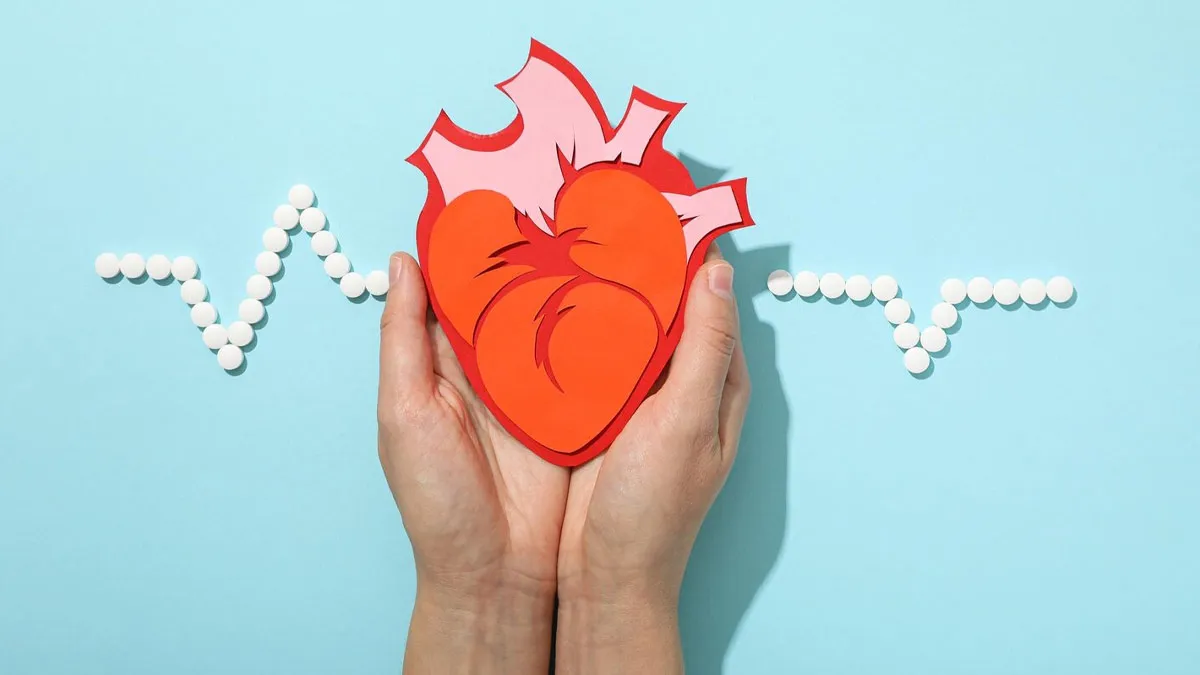
When it comes to eating healthy, appearances can be deceiving. Many foods marketed as 'heart-friendly' or 'low-fat' can still be packed with ingredients that silently raise your cholesterol levels. While high cholesterol often develops discreetly, its long-term impact on heart health is no secret, which includes clogged arteries and a higher risk of heart attack and stroke.
Table of Content:-
Here are some surprising, sneaky foods that you might be eating without realising their effect on your cholesterol levels.
Also Read: Can Thin People Have High Cholesterol? Doctor Answers
Granola And Energy Bars
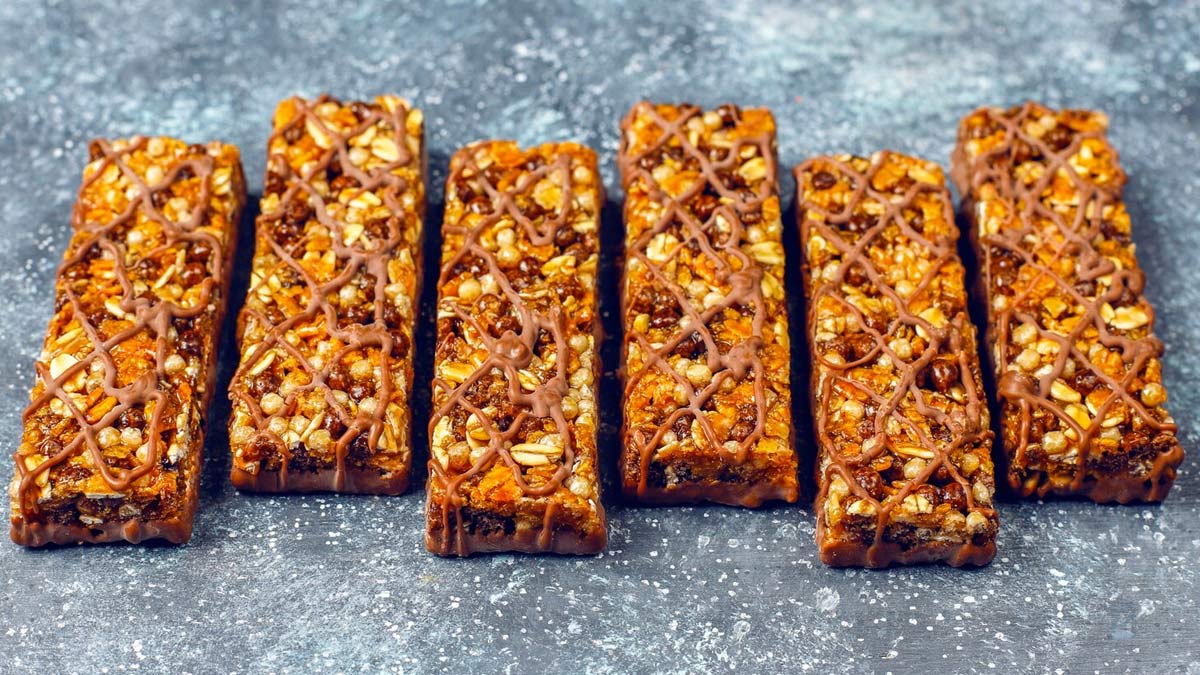
Granola and energy bars seem like the healthiest go-to snacks, especially if you’re aiming to build energy and gain muscles. However, many store-bought varieties are packed with sugar, hydrogenated oils, and saturated fats. These ingredients can contribute to higher Low-Density Lipoprotein (LDL), or “bad” cholesterol, which in turn can increase your risk of heart disease.
So, instead of granola or energy bars, choose homemade granola with oats, nuts, and seeds, sweetened naturally with a small amount of honey or dates.
Flavoured Yoghurt
Yoghurt is rich in probiotics and often considered a healthy breakfast option. But make sure you do not opt for the flavoured ones, including the ones that claim to have fruits in them. These usually contain added sugars, artificial flavouring, and sometimes full-fat milk solids. Not only can they spike your blood sugar but also increase your cholesterol levels over time. Instead, choose plain, low-fat yoghurt and add fresh fruits for natural sweetness.
Vegetable Chips And Baked Snacks
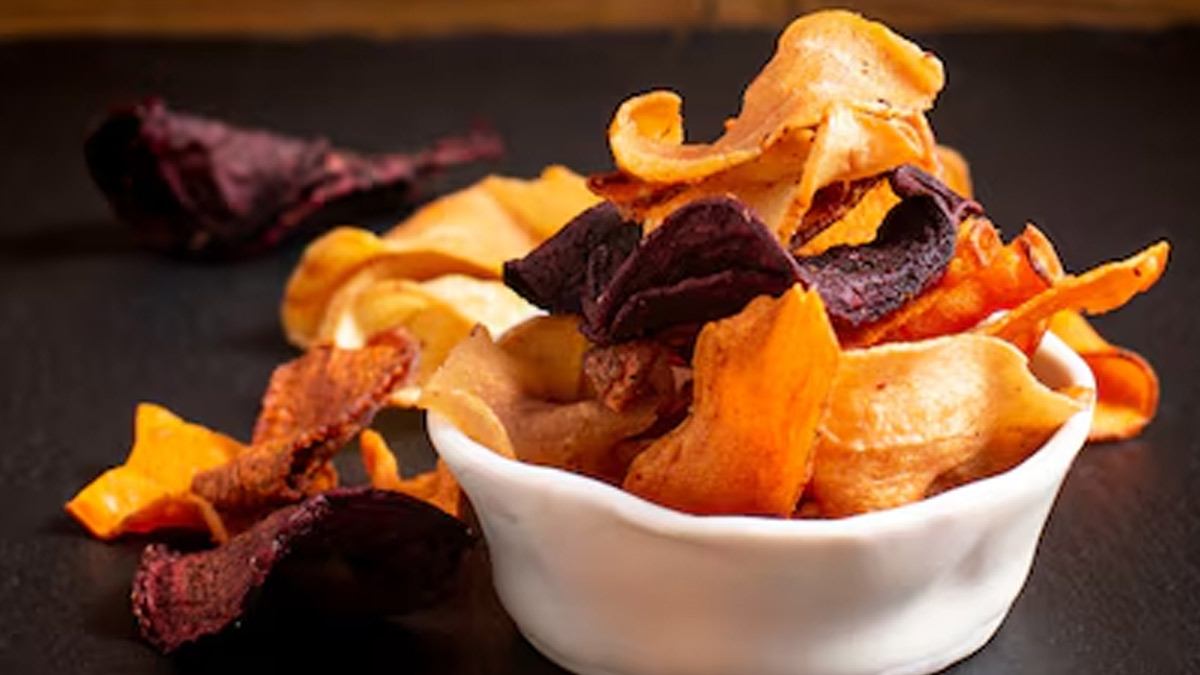
Whenever vegetables are involved, we automatically think the product is healthy. However, it is important to note that swapping potato chips for vegetable chips or baked crackers isn’t doing you any favours, as these snacks are often fried in oils high in saturated fats or contain trans fats for longer shelf life.
Even “baked” versions can be high in refined carbs and sodium, both of which indirectly affect cholesterol health. What you can do is make air-fried or oven-roasted veggie slices at home with minimal oil.
Store-Bought Salad Dressings
A fresh salad is undeniably heart-friendly, until you drown it in creamy dressing. Many commercial dressings are loaded with mayonnaise, cheese, and oils rich in saturated fats. Even ‘low-fat’ dressings often add extra sugar to make up for lost flavour, which can negatively impact cholesterol balance. To avoid any strain on your heart, prepare your own dressing with olive oil, lemon juice, and herbs.
Coconut Oil And Coconut-Based Products
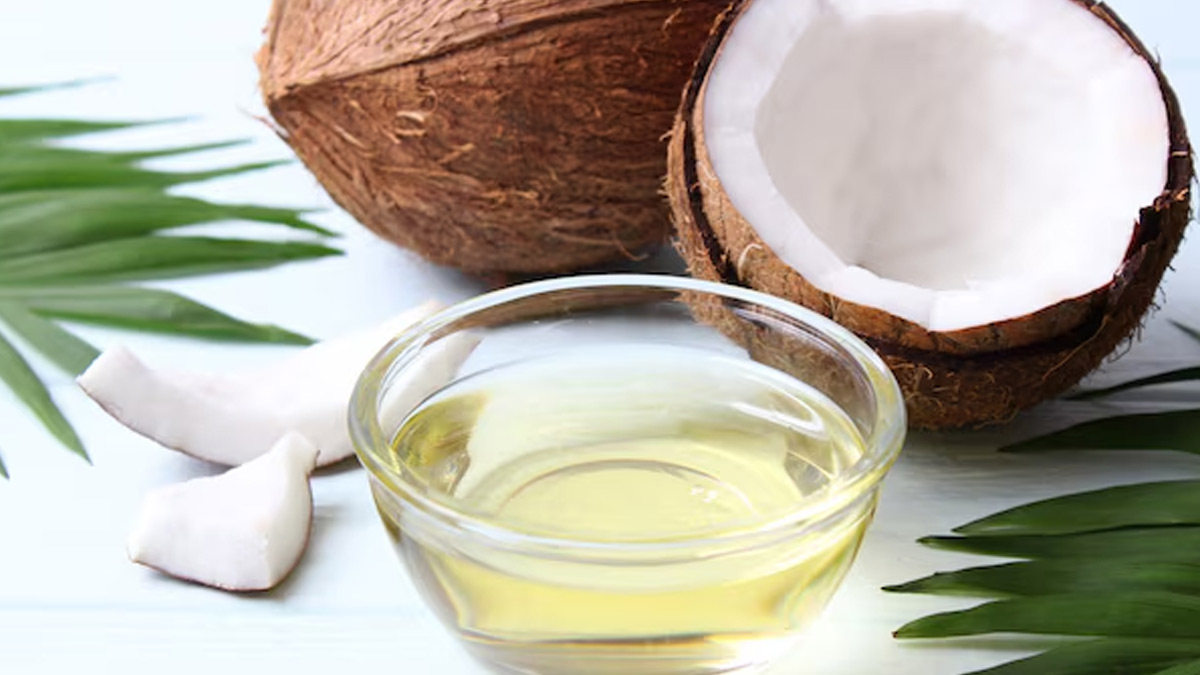
Coconut oil has been hailed as a superfood, but it’s high in saturated fats, which can raise LDL cholesterol for some people. While it also boosts High-Density Lipoprotein (HDL), or ‘good’ cholesterol, those with high LDL should be cautious with their intake. So, as an alternative, use heart-healthy oils like olive or canola oil for cooking, and keep coconut oil as an occasional indulgence.
Also Read: Cardiologist Reveals 5 Most Effective Ways To Protect Your Heart
Smoothies And Protein Shakes
Smoothies can be nutrient-rich, but café or packaged versions often use full-fat dairy, sweetened protein powders, and sugary syrups. This turns a potentially healthy drink into a cholesterol-raising dessert in disguise. If you have a blender, make your smoothies at home using low-fat milk or plant-based milk and no added sugar.
Whole Wheat Baked Goods
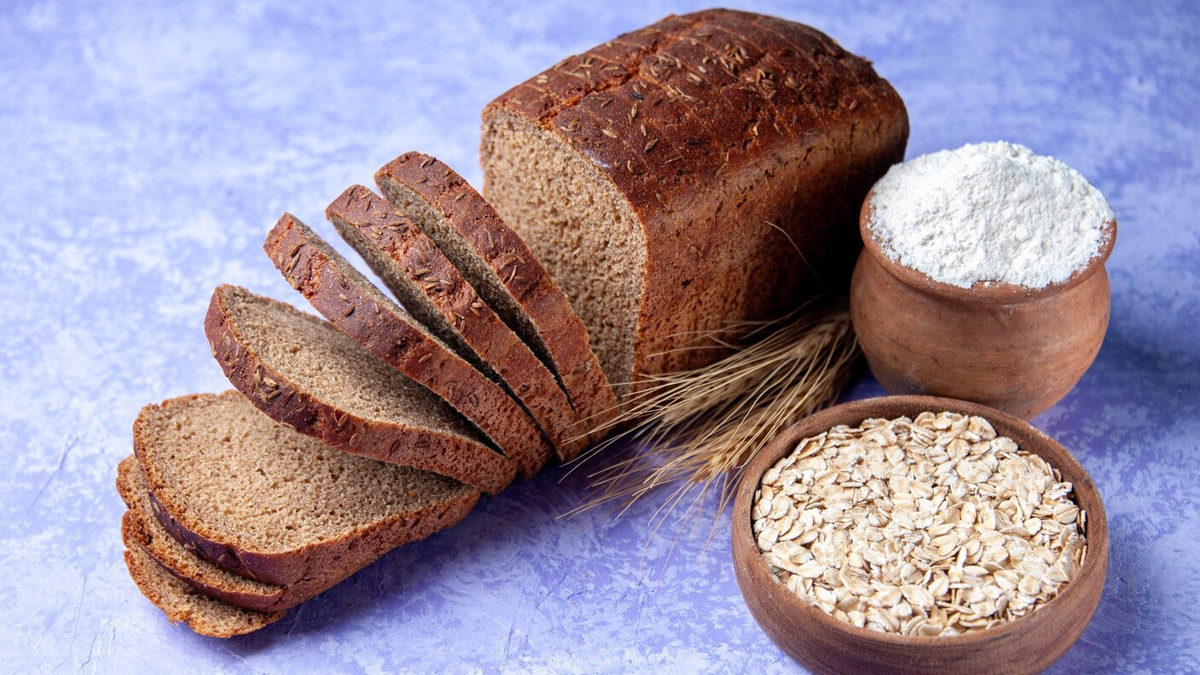
Whole wheat bread, muffins, or biscuits may sound like a healthier option, but many commercial versions use refined flour mixed with a small amount of whole wheat. Add butter, margarine, or palm oil, and you have a cholesterol-raising snack despite its ‘healthy’ label. Therefore, read ingredient lists carefully or bake your own using 100% whole wheat flour and minimal fat.
Conclusion
Not all foods marketed as healthy are good for your cholesterol levels. Reading nutrition labels, understanding ingredients, and making simple swaps can help you enjoy delicious meals without compromising heart health. By being mindful of these sneaky foods, you can keep your cholesterol in check and protect your heart for the long run.
Read Next
What is Tetralogy of Fallot: Exploring Complex Heart Condition’s Causes, Symptoms, and Treatment
How we keep this article up to date:
We work with experts and keep a close eye on the latest in health and wellness. Whenever there is a new research or helpful information, we update our articles with accurate and useful advice.
Current Version